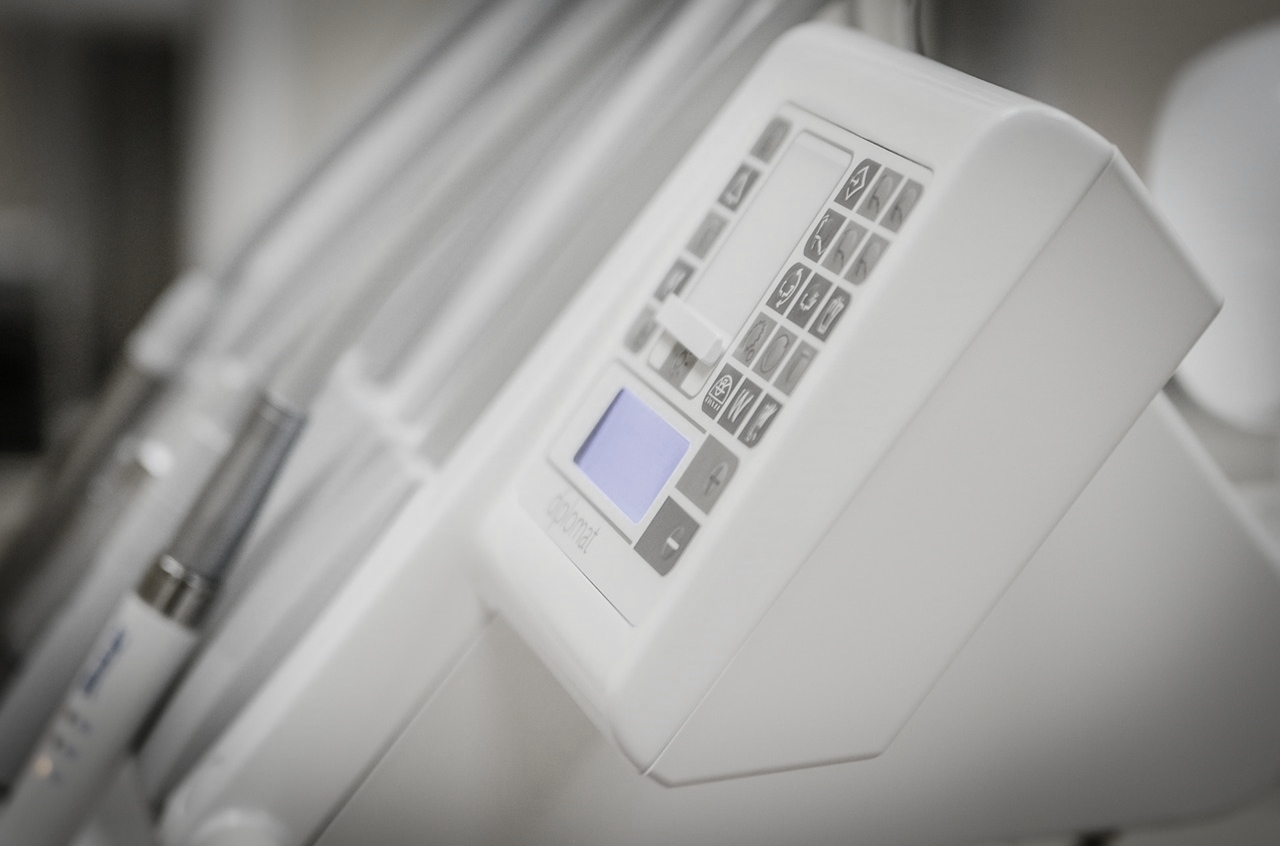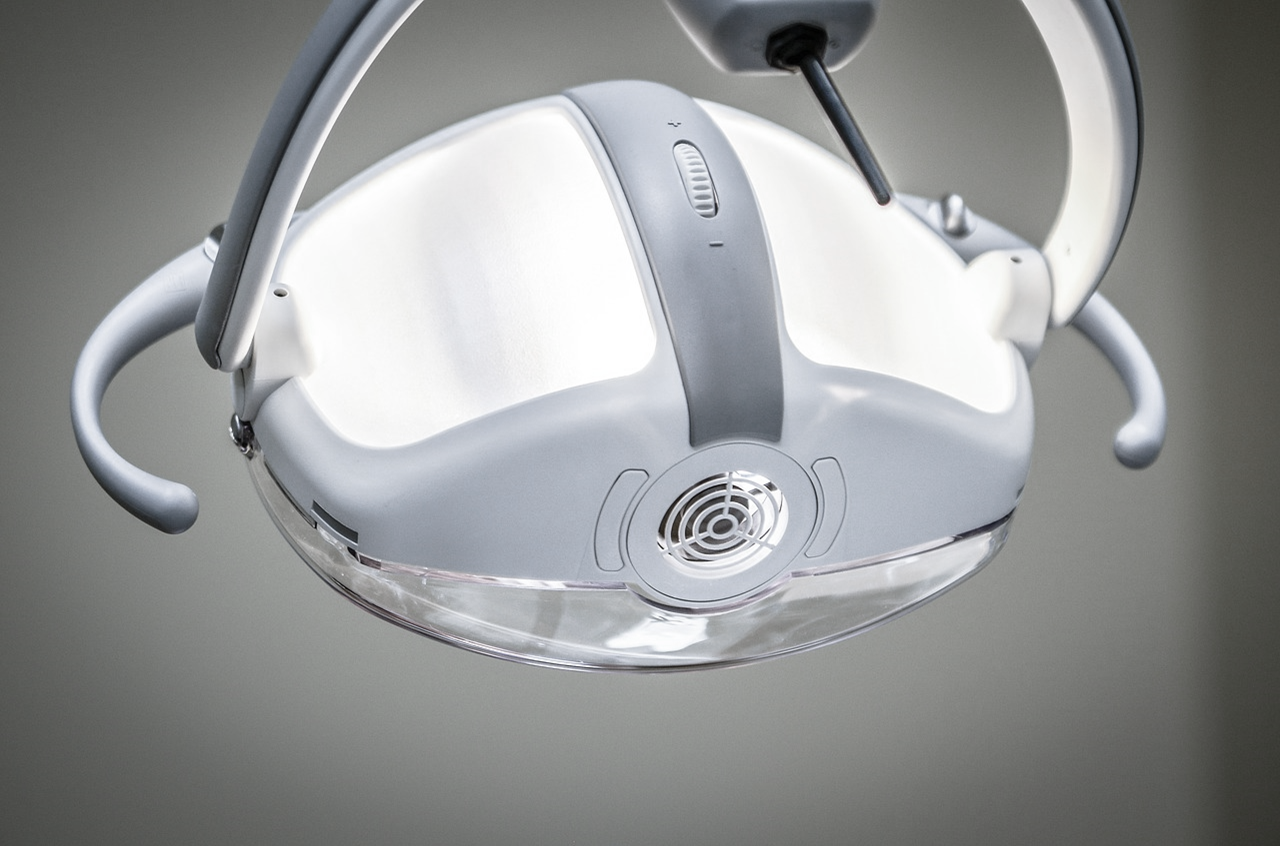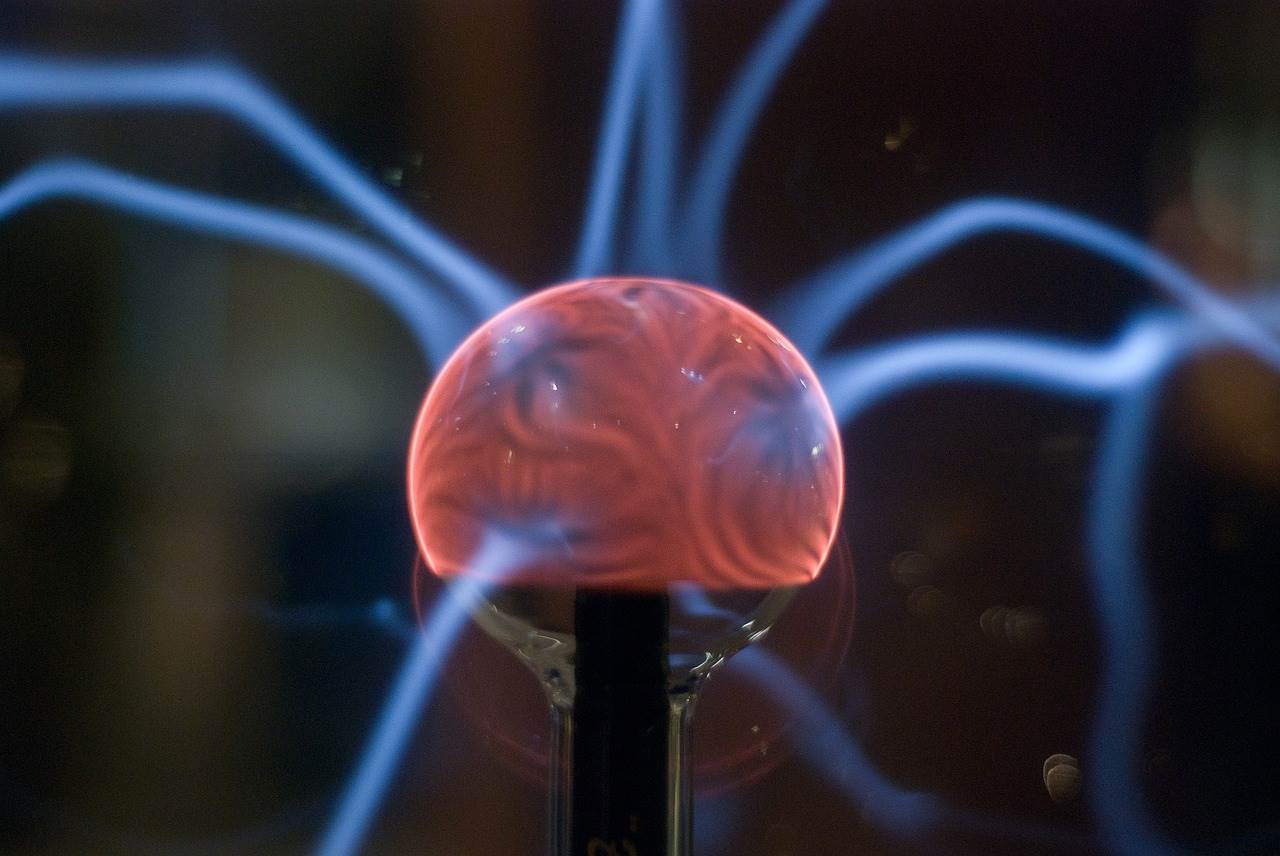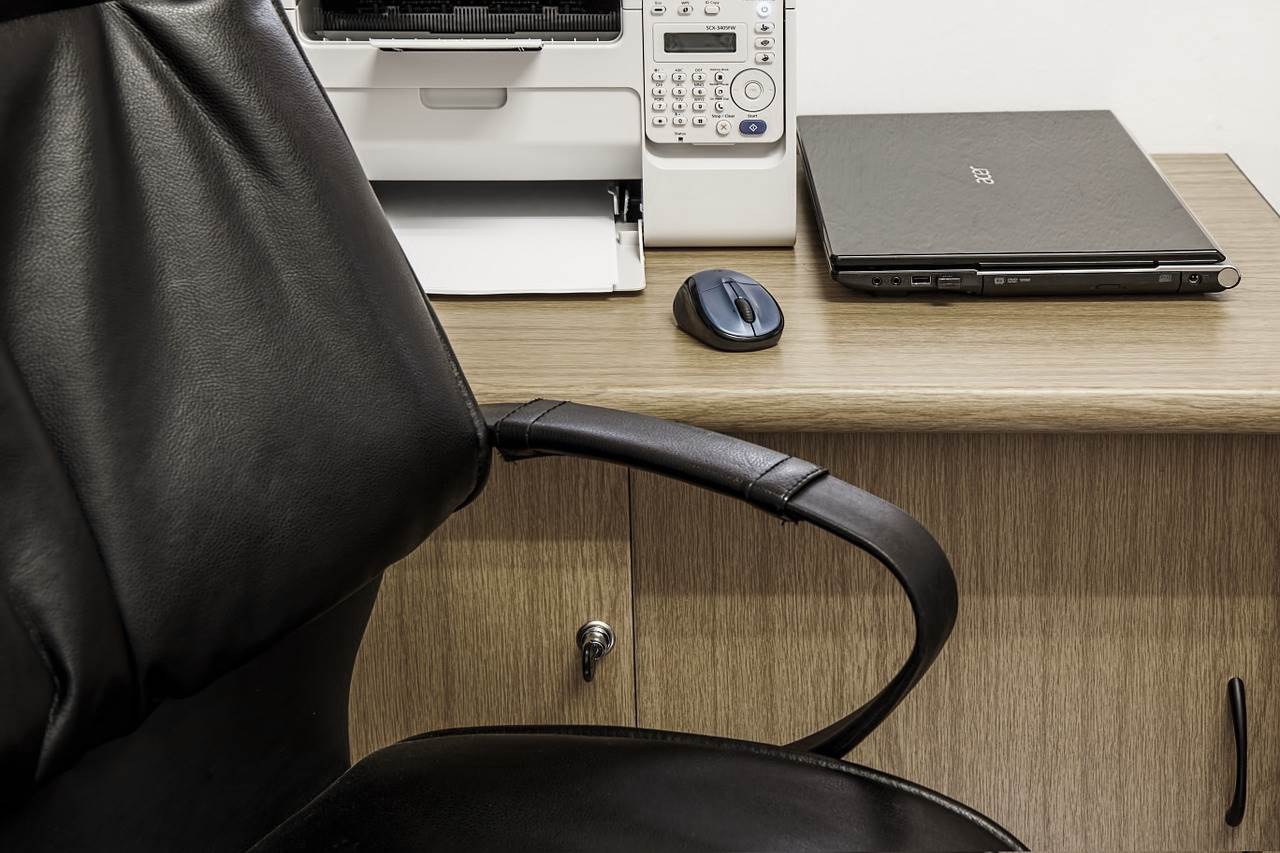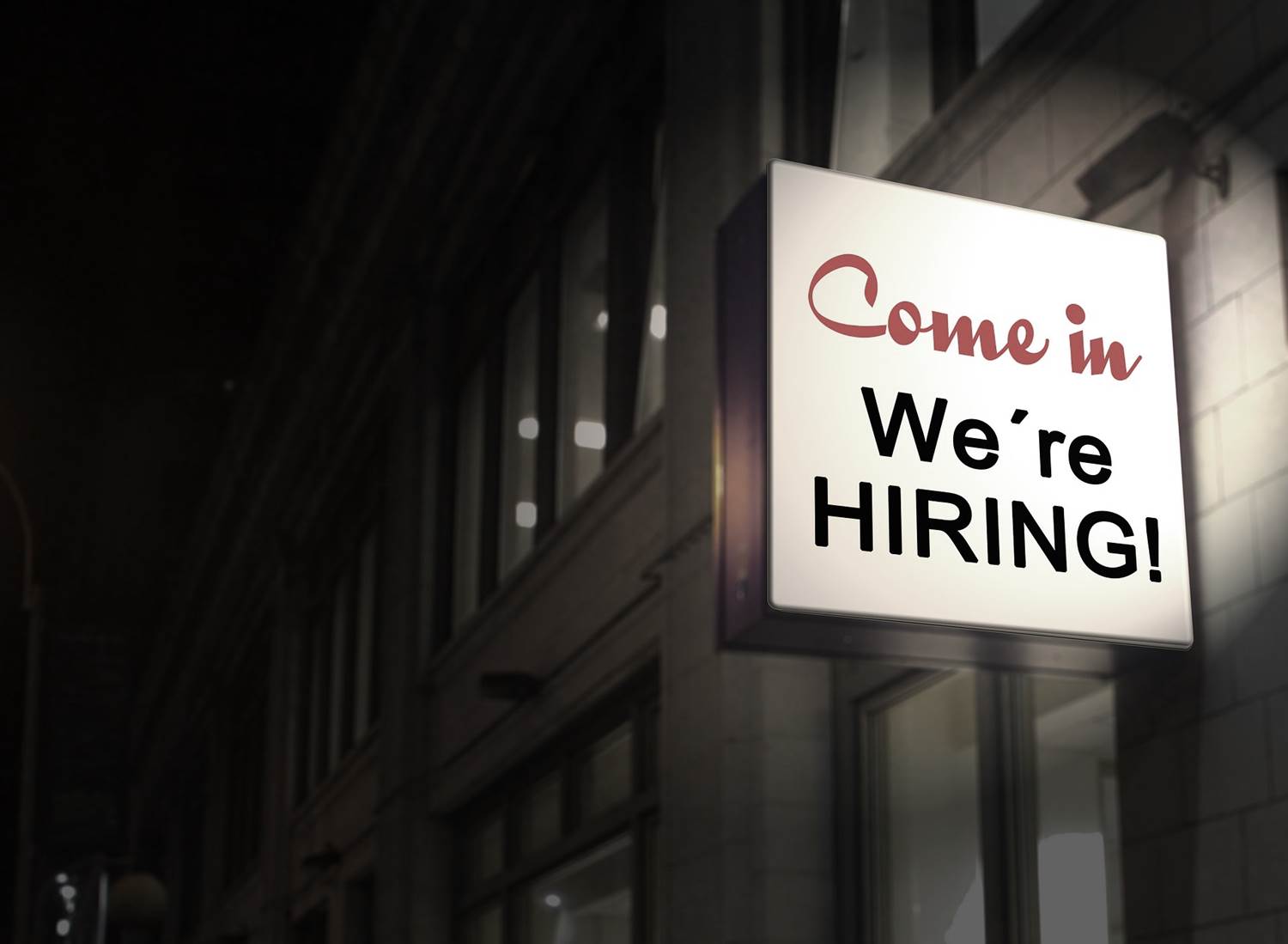
Vital Signs – A Scottish Primary Care Blog.
Date: 27/01/2015 | Healthcare, Blogs
Today, 27th January 2015, the new Southern General Hospital is officially handed over to NHS Greater Glasgow & Clyde.
The Health Board’s Chief Executive, Robert Calderwood, was interviewed on Radio Scotland’s Good Morning Scotland this morning about the project. It’s a “world class facility” which has been in the planning since 2000 and it’s handover today is “the end of a journey”.
In another interviewee’s words it’s “probably award winning”. I don’t doubt it. From all I’ve heard, and the presentations I’ve seen, the building is transformational for NHS property stock in Greater Glasgow, in Scotland and in the UK.
There is also an expectation that it will attract highly skilled staff from across the UK to come and work in this fantastic resource. And therein lies its biggest challenge.
The NHS in the UK is, I believe, without comparison when it comes to delivering successful outcomes for those in acute need of medical intervention and support.
However, for most of us our engagement with the NHS is rather more prosaic. In the main our experience is of pitching up at the local GP surgery with a sore throat, failing hearing or a vomiting child. From time to time we will, of course, go there with rather more sinister or worrying questions. Often those questions are readily allayed. When there is “something up” the GP surgery is our entrance to the wider expertise of the NHS; we may even end up attending modern cathedrals such as the Southern General Hospital. Whatever our needs, our local GP surgery tends to be our first port of call as well as our interpreter, our advocate and often even our healer.
The GP surgery, and those who work there, are essential.
And yet the biggest challenge facing GP surgeries today is the ability to attract and retain highly skilled and engaged staff to come and work with us in our local communities. Ask most GP practices and they will tell you that GP recruitment is the biggest problem they face. It is quickly followed by GP retention and the ageing profile of GP’s. And that challenge is only going to get worse; it’s already doubtful if there are enough trained and working GP’s in the workforce. It takes several years to train a GP. Even a radical turnaround today will not bear fruit until the 2020’s.
The Southern General Hospital is a fantastic addition to the resources of the NHS in Scotland and part of a long-reaching strategy to transform healthcare development in this country. However, it is only a part. Most of us will ardently desire never to have to cross the threshold of the Southern General, or its ilk.
We will, on a relatively regular basis, have cause to visit our local GP. Let’s hope that when we do there is someone able to provide us with the care we hope for.
As always, comments, compliments or criticisms are welcome on twitter or linked-in!












































